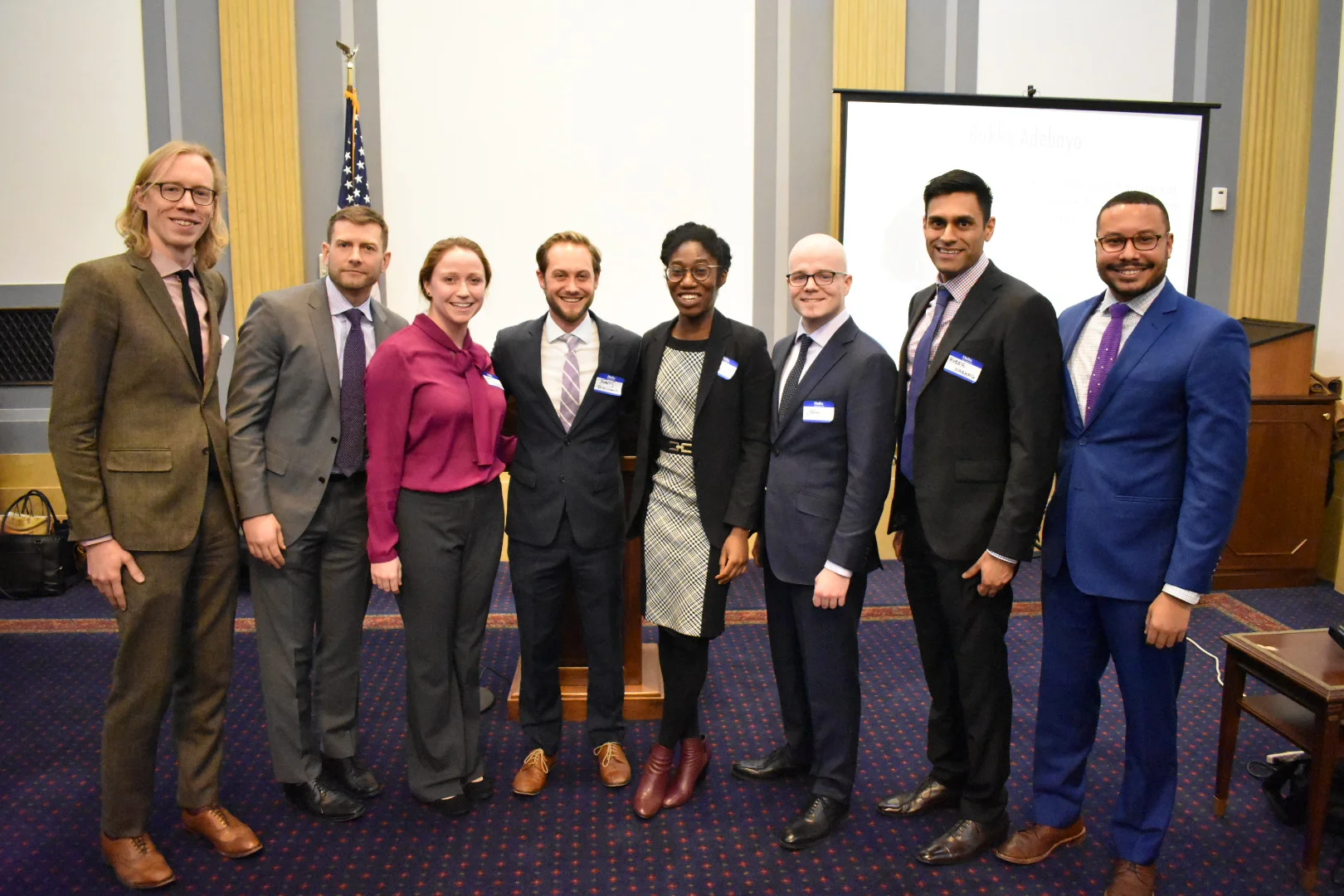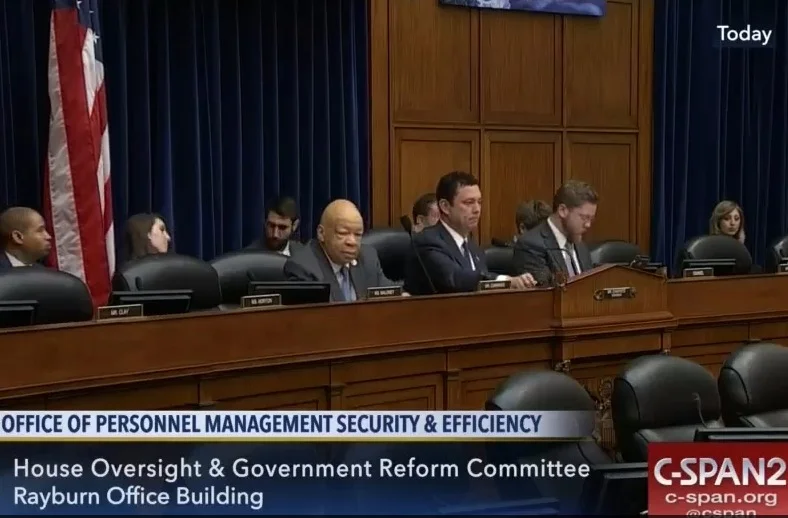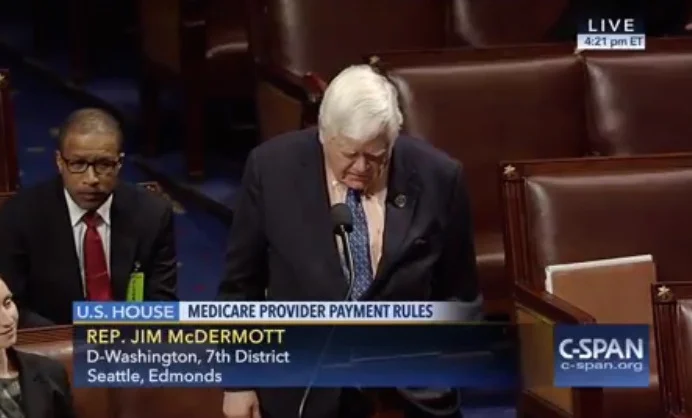With my last company, there were times where government helped and times where government hindered our ability to innovate. It wasn’t surprising to me when earlier this month The National Academies of Sciences, Engineering and Medicine released a report saying that overly risk averse FAA regulations are stifling innovation in the drone industry.
Why I joined the TechCongress Team: Katherine Pratt
Katherine is an MIT-educated aerospace engineer. She served for four years as an officer in the U.S. Air Force, primarily as an engineer working on operational readiness of the F-35 Joint Strike Fighter. As a PhD student in electrical engineering, Pratt is currently studying the security, ethics, and policy of brain computer interfaces.
Announcing the Inaugural Congressional Innovation Scholar: Katherine Pratt
Katherine is an MIT-educated aerospace engineer. She served for four years as an officer in the U.S. Air Force, primarily as an engineer working on operational readiness of the F-35 Joint Strike Fighter. As a PhD student in electrical engineering, Pratt is currently studying the security, ethics, and policy of brain computer interfaces.
2017 Fellow Reflections: Maurice Turner
Meet the Fellows: Robbie Narang
2017 Fellow Reflections: Sunmin Kim
Meet the Fellows: James Gimbi
Meet the Fellows: Collin Anderson
Meet the Fellows: Bukky Adebayo
Where our Fellows Landed in Congress!
Meet the Fellows: John Price
Announcing the 2018 class of Congressional Innovation Fellows!
Meet Andres Bascumbe
I could create a long list of the reasons that I was motivated to join the TechCongress. At the very top of that list is my first-hand experience working for a Member of Congress and attempting to develop and promote policy with individuals (including myself at times) that had limited technical experience. This illustrated, to me, the criticality of TechCongress’ mission.
























